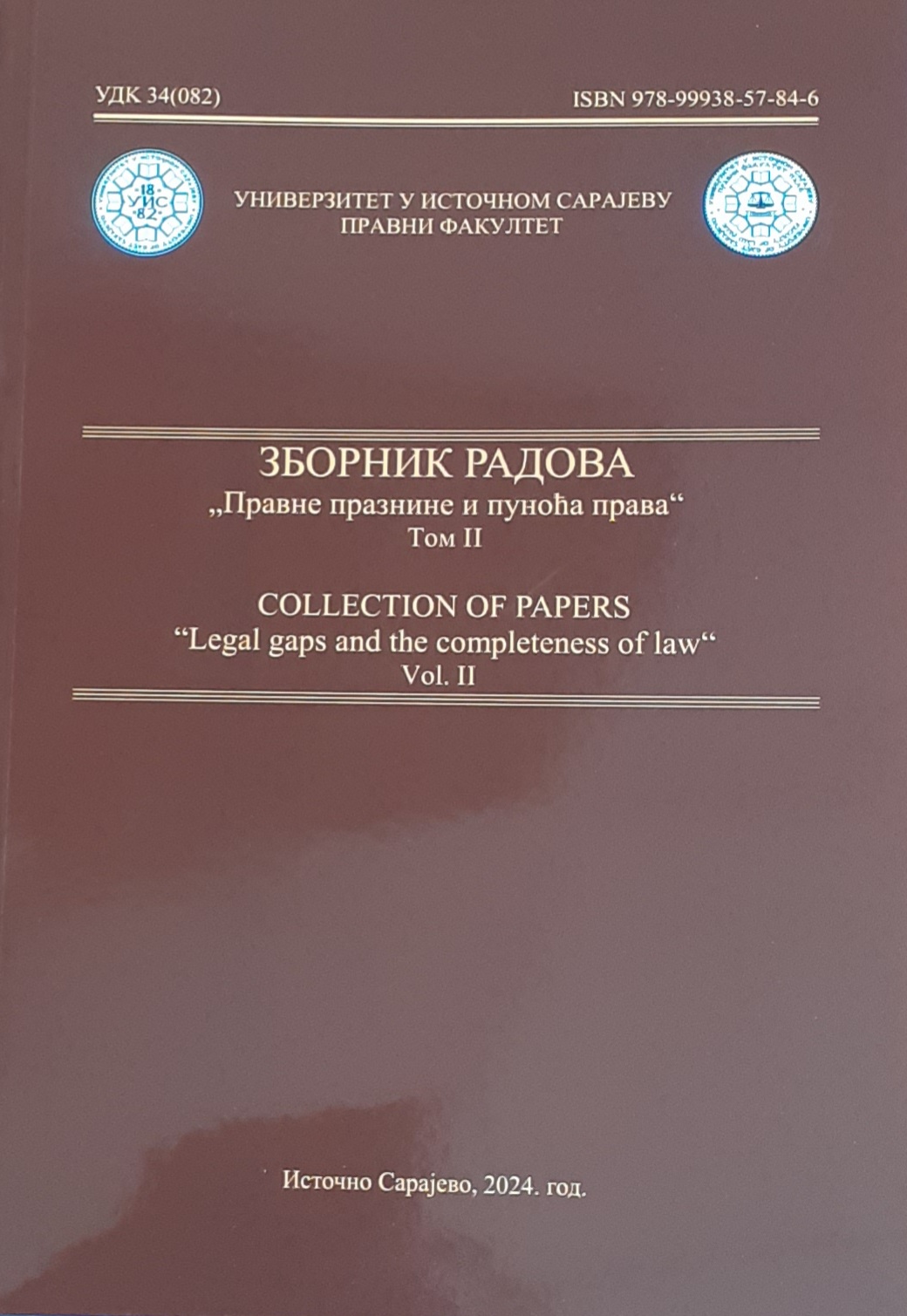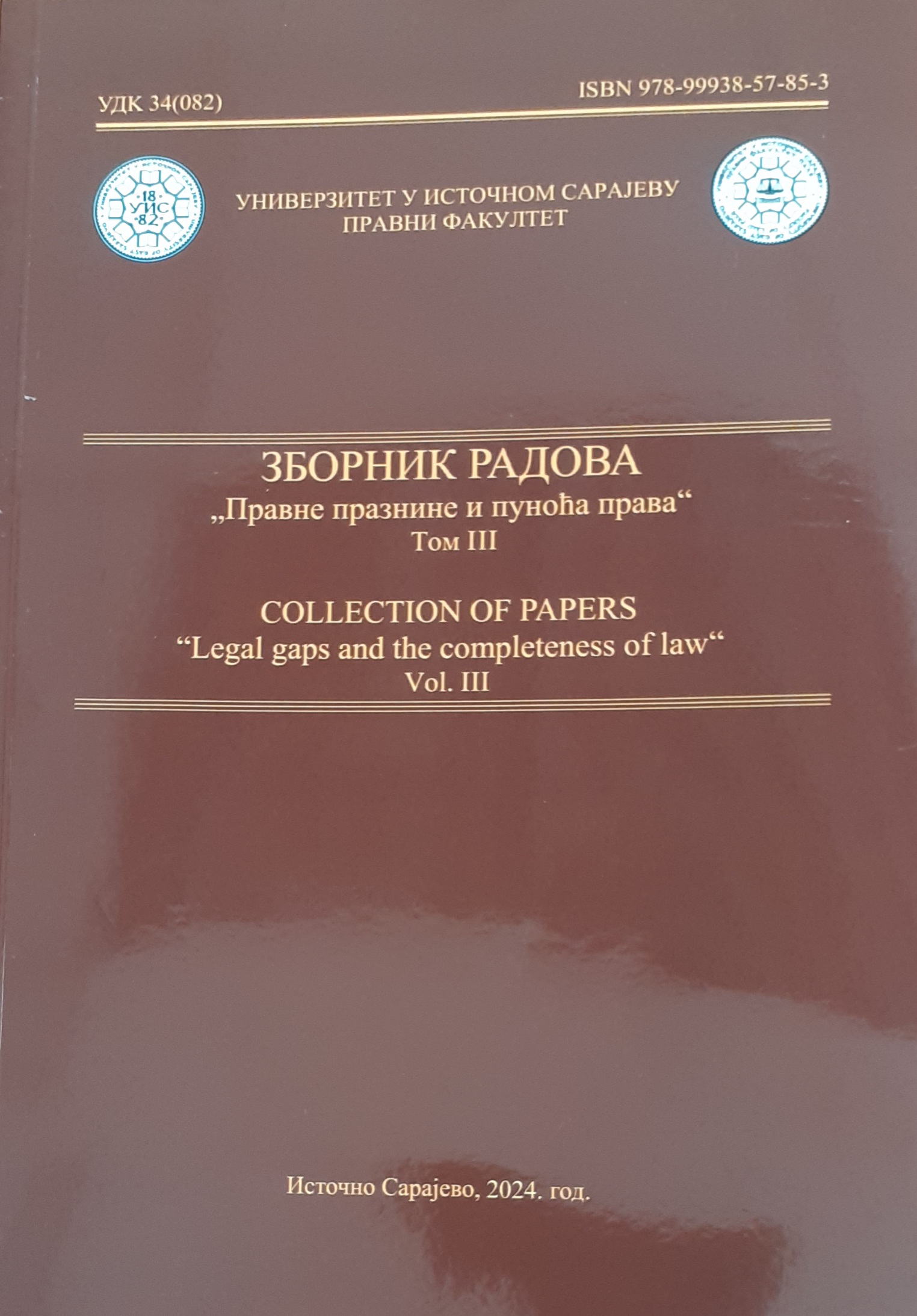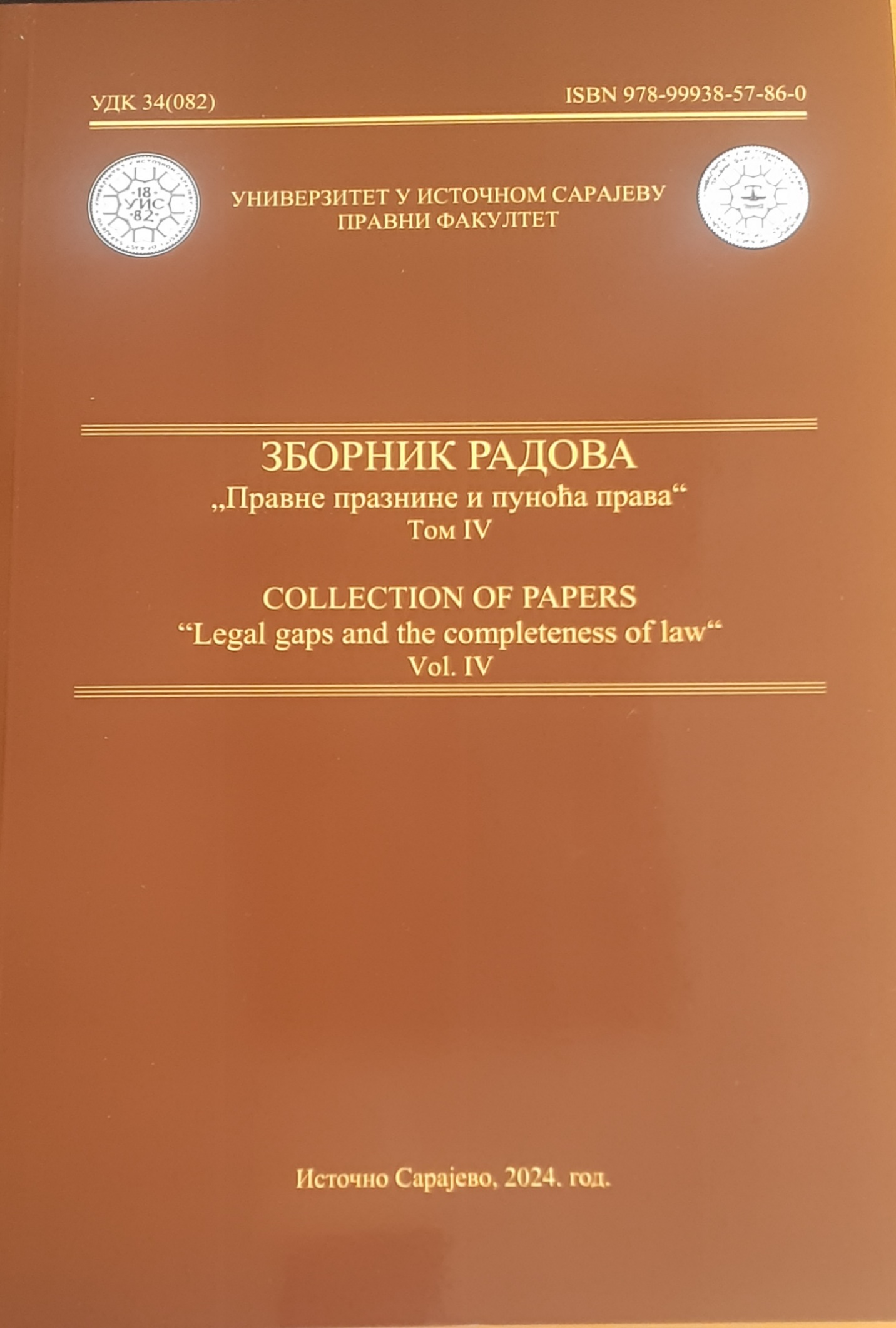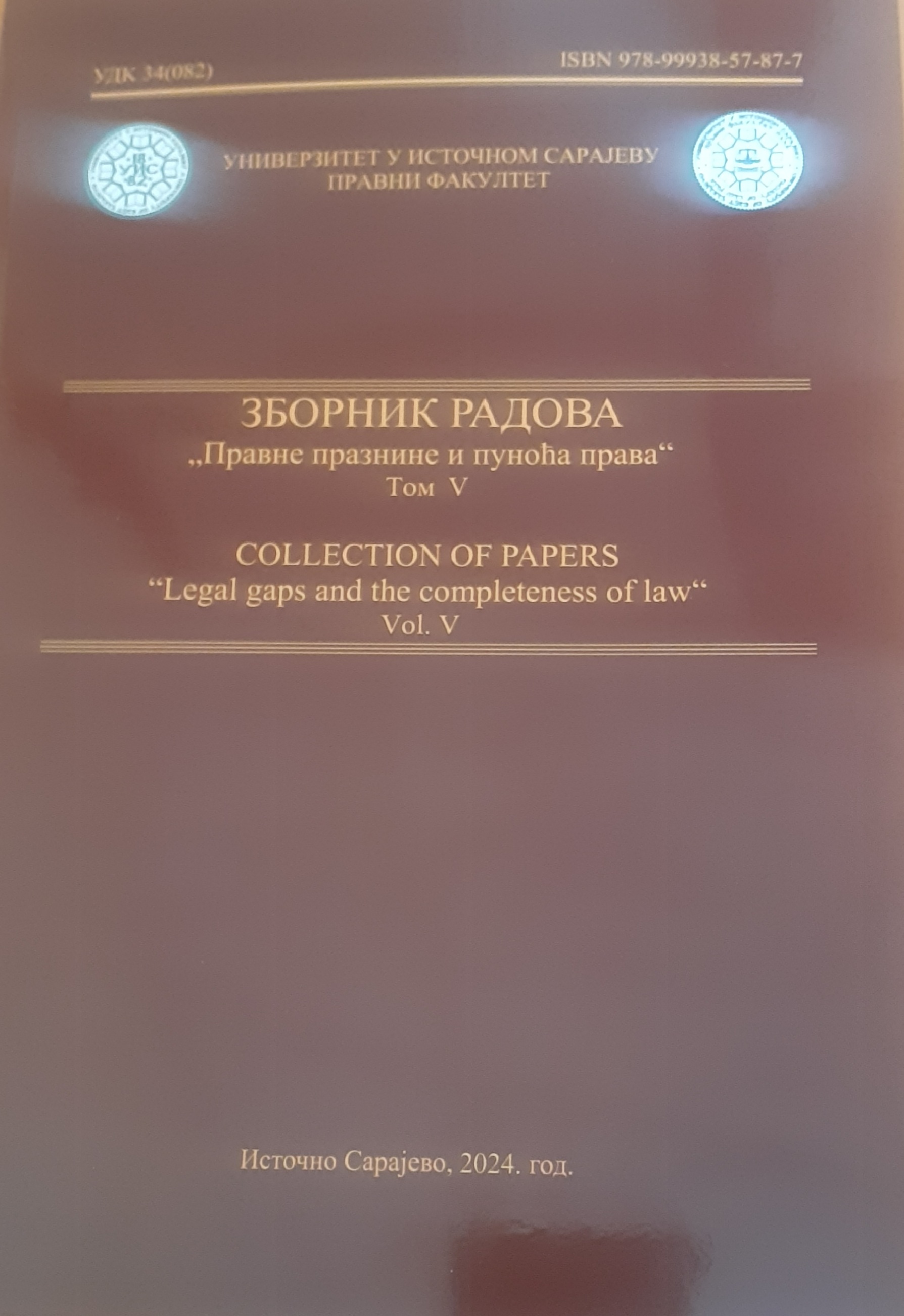
Савремени изазови јавне управе у Босни и Херцеговини - дигитализација и е-управа
Bosnia and Herzegovina is currently at a digital crossroads. Torn between the necessity of reform in the processes of joining imposed by both the European Union and the accelerated development of society and economy on the one hand, and the impossibility of reaching political consensus on key issues concerning competences in the field of digitization on the other hand, BiH has been standing still for a long time, looking as the region rapidly catches up with the world. Digitization is no longer just a trend, but a necessity and a necessary prerequisite for a more efficient, transparent and economical public administration that will serve as a modern and expeditious public service for citizens. The COVID 19 pandemic has shown that this is a reality and not just an empty words. However, the European Commission does not give up its intention to raise the digitization of public administration to the level of state institutions in the process of joining BiH, which puts the actually competent entity and cantonal institutions in a particularly unenviable position, at the same time marking them in front of citizens and service users as the main culprits for blocking the process. In this political game, the biggest damage is suffered by the citizens and the economy that cannot use digital services that makes life and business easier for millions of people around the world today. If we add the fact of generally low level of digital literacy of citizens and public administration officials who should be users and provides services via e-government, it is clear that the scale of the challenge of digitalization of public administration in BiH is great. The paper analyzes the existing positive legal framework in this area and performs a comparative analysis of regulations at all levels of government in BiH, pointing out their shortcomings and possible improvements. The paper also identifies obstacles that slow down the digitization process and suggests possible solutions. By examining these key aspects, the paper provides a deeper understanding of the current state of digitization and electronic administration in BiH, and contributes to the debate on the improvement of public services and the modernization of public administration in the country.
More...


